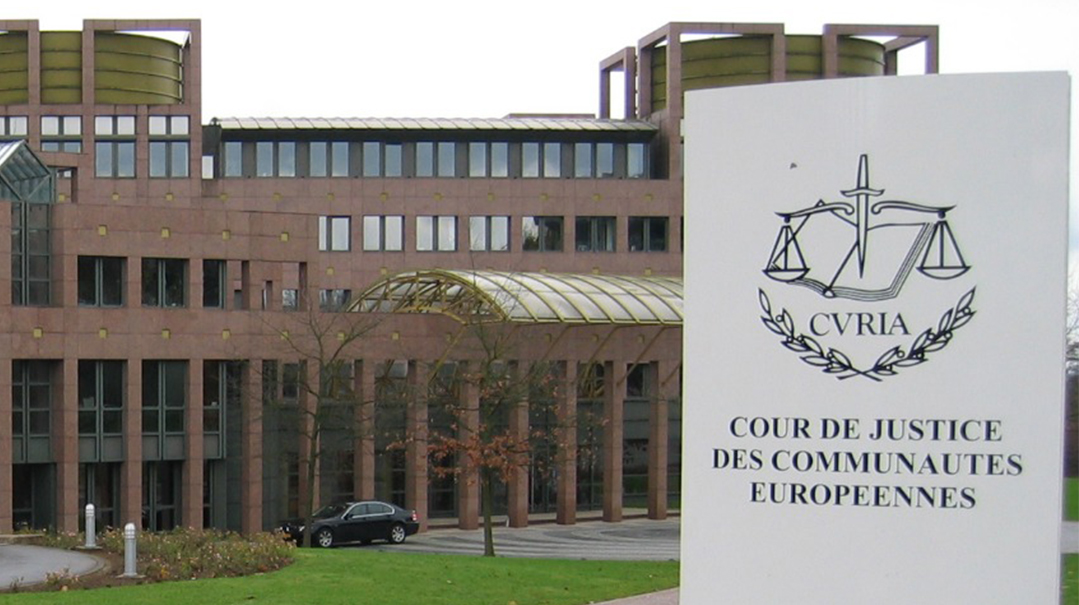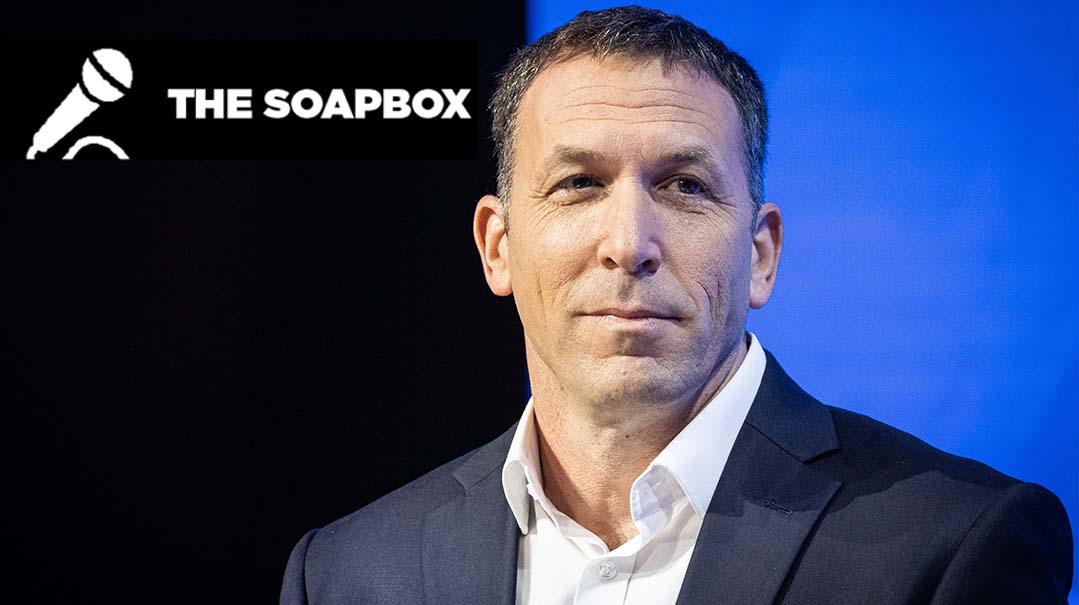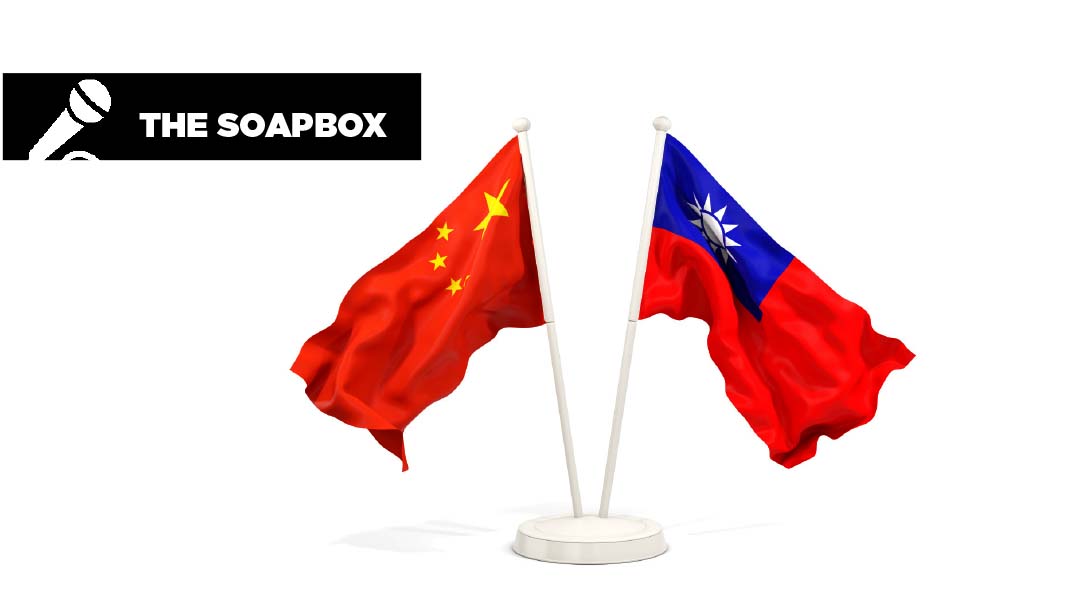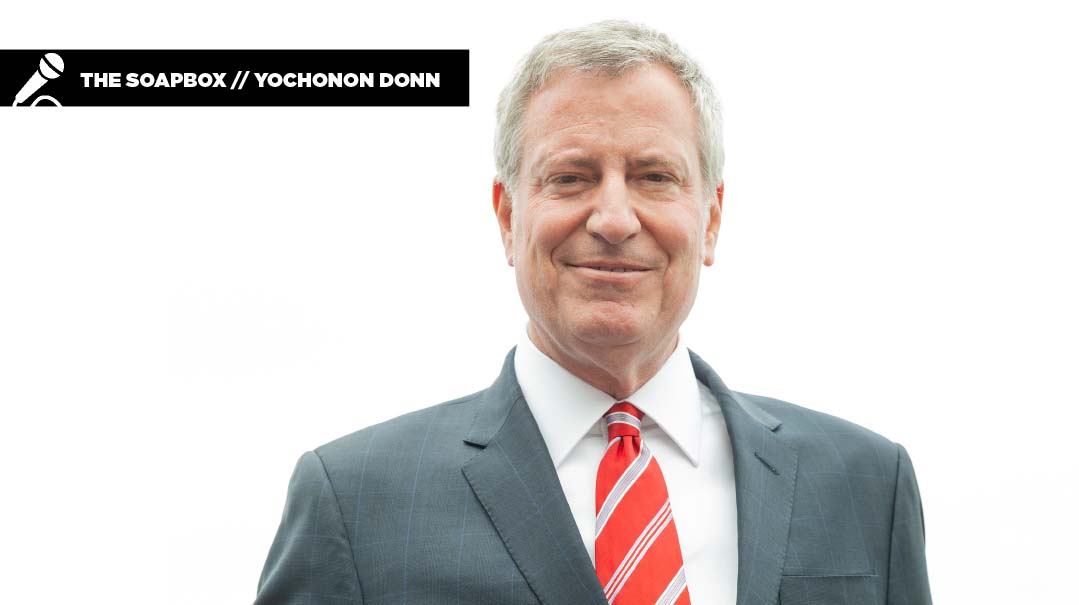European Shechitah Is a Global Jewish Problem

What the ECJ decides for Europe carries weight everywhere. It’s easy to see America’s crusading liberals calling for the same thing

In the battle to protect Jewish life in Europe, a different playbook is needed.
Last week’s ruling by the European Court of Justice upholding Belgium’s 2019 ban on shechitah made headlines across Europe and beyond. In the decision, the court ignored the recommendation of its own advocate general and affirmed the right of two Belgian regions, Flanders (which covers the large community of Antwerp) and Wallonia, to require pre-slaughter stunning of animals.
Reflecting the international ramifications of this decision by Europe’s highest court, sources as disparate as European rabbinic and lay groups, America’s OU, and Israel’s Diaspora Affairs Ministry warned that the ruling endangers Jewish life in Europe.
Beyond Belgium’s continued need to import kosher meat from elsewhere, the failure of this legal challenge is a wake-up call in two ways.
Firstly, shechitah in Europe is now a global Jewish problem. At a Conference of European Rabbis summit last year in Antwerp, Shimon Cohen of Shechita UK, an advocacy group, told me: “Up to now I’ve been able to ask those agitating against shechitah what company they want to keep. Do you want to join Norway, whose shechitah ban dates to Nazi-era laws that were never repealed, or do you want to join Switzerland, whose 19th-century ban was designed to keep Jews out? That always produced red faces. But now there’s a tier-one democracy which has banned shechitah on animal rights grounds.”
A year and half later, it’s no longer just a tier-one democracy, but the world’s biggest democratic bloc that has ruled against shechitah. What the ECJ decides for Europe carries weight everywhere. It’s easy to see America’s crusading liberals calling for the same thing.
A global Jewish problem calls for an international response. This should be a first test for an incoming Biden administration’s commitment to defending religious freedom, even as it speaks with the same voice as Europe on human rights.
The second takeaway from the ruling is to call out choices in human rights law for what they are: subjective value assessments. In interactions I’ve had with European officials, the reaction on issues from labeling West Bank goods to limits on religious practice inevitably comes down to a version of “We’re just implementing European law.”
But the idea that justice systems fall into some value-neutral zone is plain wrong, and no more so than in the case of human rights.
In every situation where two rights clash — such as animal rights and freedom of religion — a decision to prioritize one at the expense of the other is by definition a value judgment. Which of the two competing values is more important to society?
Seen in this light, the ECJ’s bottom line is clear.
Given a choice between the rights of European cows and the rights of European Jews, the justices have come down on the side of the animals.
Putting it that bluntly is uncomfortable. But the way to fight the shechitah decision is no longer to demonstrate how humane shechitah is, but to show that the self-appointed global guardian of human rights has ridden roughshod over its own citizens’ fundamental rights.
In responding to the ECJ ruling, some chose to reference Europe’s dark past of anti-religious legislation. But if the anti-shechitah victory in Europe is to be reversed, fading Holocaust memory isn’t enough.
A global effort, speaking Europe’s new language of human rights, is now needed.
(Originally featured in Mishpacha, Issue 841)
Oops! We could not locate your form.













